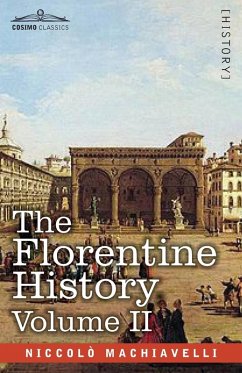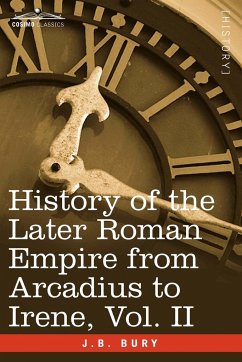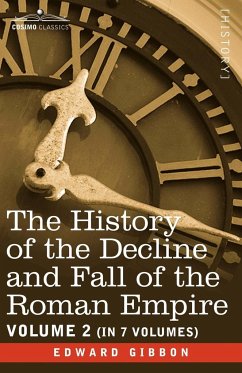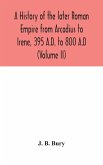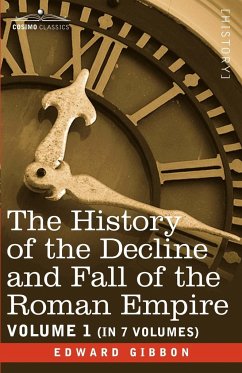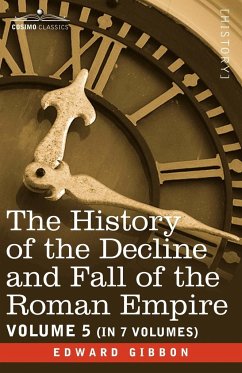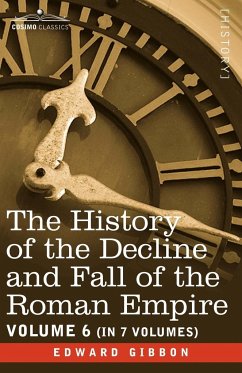"Virtue gives birth to tranquility, tranquility to leisure, leisure to disorder, disorder to ruin...and similarly from ruin, order is born, from order virtue, from virtue, glory and good fortune." -Niccolò Machiavelli, The Florentine History, 1532 Italian philosopher and diplomat Machiavelli was commissioned by Giulio Cardinal de Medici (the future Pope Clement VII) to write a history of Florence, The Florentine History (1532). This second volume of this two-volume book describes the power struggle among the Florentine families and the Medici's ascent from the 14th century till the death of Lorenzo il Magnifico in 1492. The current edition was translated by Ninian H. Thompson and originally released in 1906. It is essential reading for students of Renaissance history and anyone interested in this fascinating history of Florence from one of the greatest political minds in history.
Bitte wählen Sie Ihr Anliegen aus.
Rechnungen
Retourenschein anfordern
Bestellstatus
Storno

